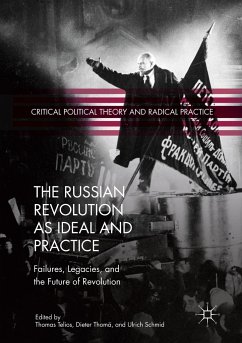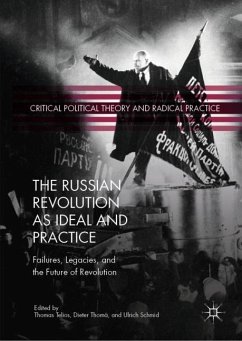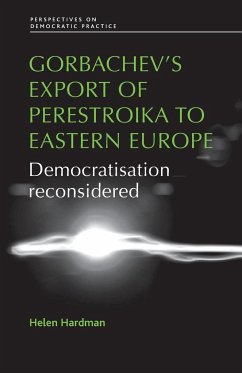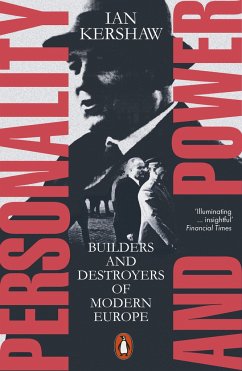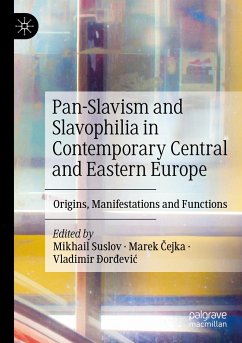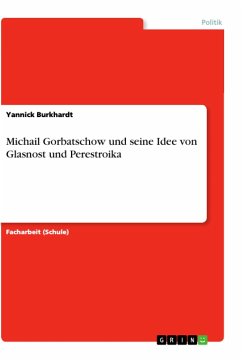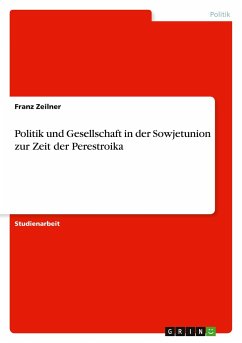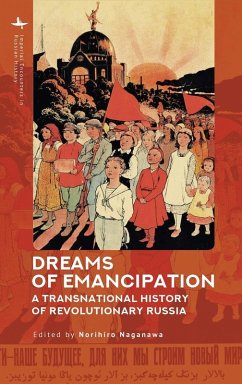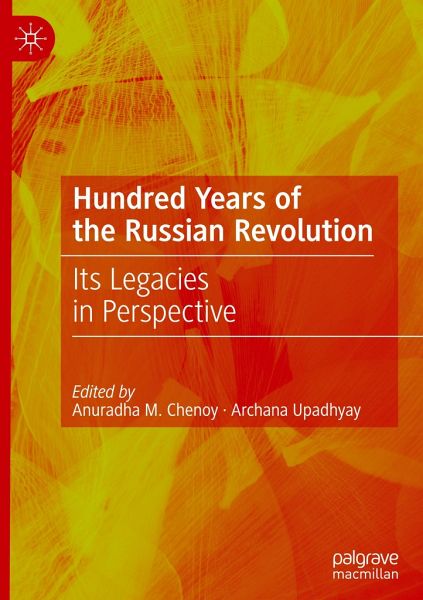
Hundred Years of the Russian Revolution
Its Legacies in Perspective
Herausgegeben: Chenoy, Anuradha M.; Upadhyay, Archana

PAYBACK Punkte
49 °P sammeln!
The book reflects upon the Russian Revolution of 1917 and the ensuing developments in Russia, the rest of the former Soviet Union, Central and Eastern Europe and elsewhere in the world. It discusses the impact of the legacies of the Russian Revolution on political systems, ideologies, economic and social structures and culture.The book answers some pertinent questions: To what extent are these legacies relevant today for the contextualisation of memory politics, social institutions, and international relations? How does an analysis of 1917 and its legacies contribute to the comparative study o...
The book reflects upon the Russian Revolution of 1917 and the ensuing developments in Russia, the rest of the former Soviet Union, Central and Eastern Europe and elsewhere in the world. It discusses the impact of the legacies of the Russian Revolution on political systems, ideologies, economic and social structures and culture.
The book answers some pertinent questions: To what extent are these legacies relevant today for the contextualisation of memory politics, social institutions, and international relations? How does an analysis of 1917 and its legacies contribute to the comparative study of revolutions and social change?
The book answers some pertinent questions: To what extent are these legacies relevant today for the contextualisation of memory politics, social institutions, and international relations? How does an analysis of 1917 and its legacies contribute to the comparative study of revolutions and social change?





